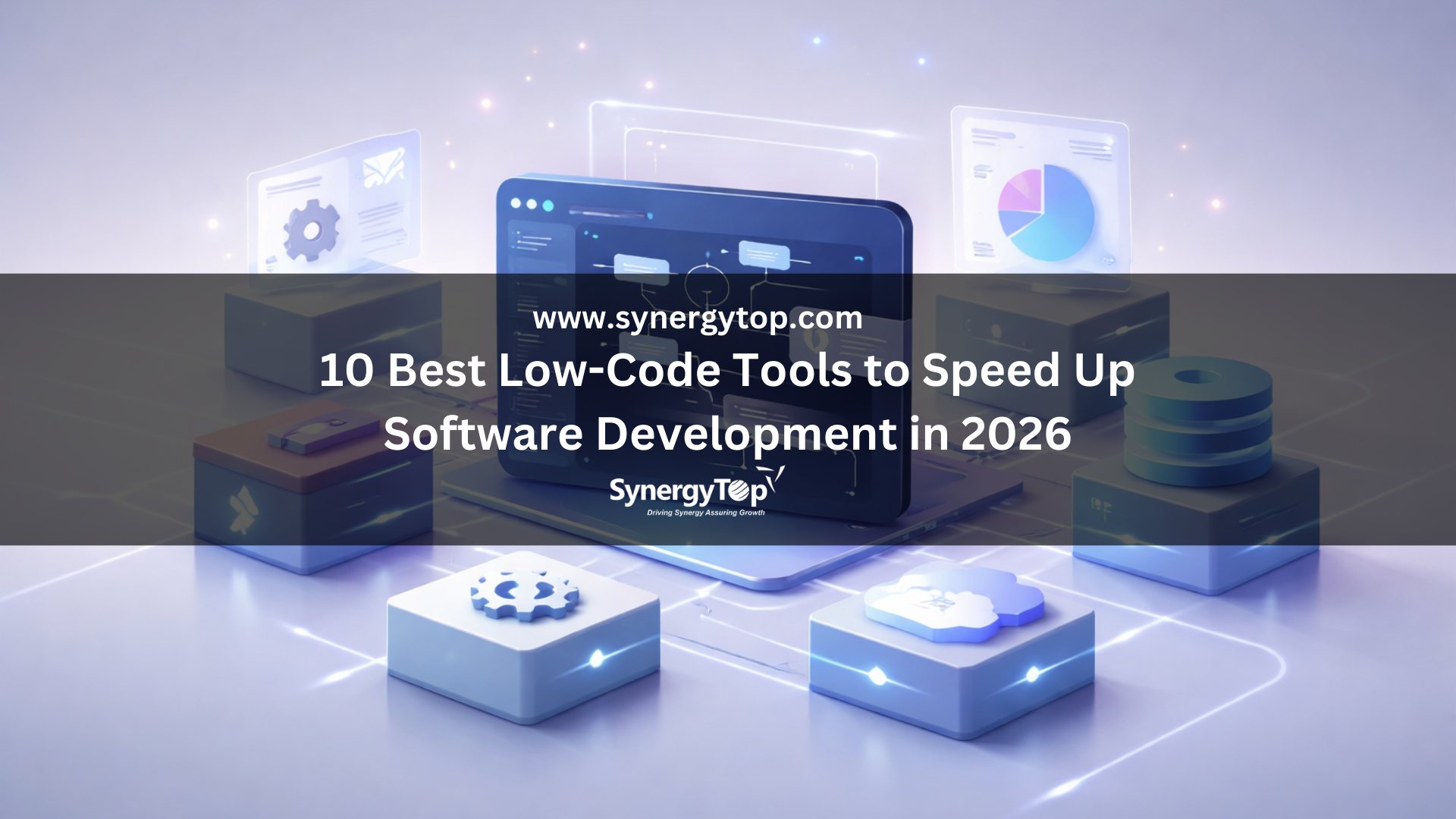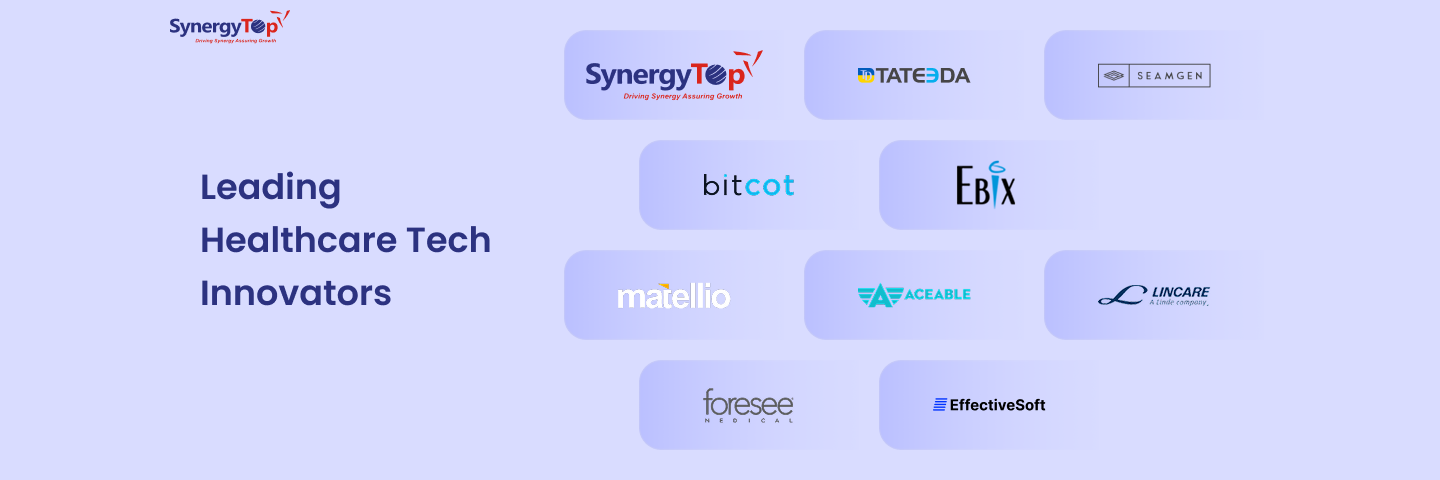What is Elasticsearch?
Google Elasticsearch and the best answer you may get is
“Elasticsearch is an open source (Apache 2 license), distributed, RESTful search and analytics engine capable of solving a growing number of use cases. As the heart of the Elastic Stack, it centrally stores your data so you can discover the expected and uncover the unexpected.”
Elasticsearch offers a distributed, multitenant-capable, full-text search engine with an HTTP web interface (REST) and schema-free JSON documents. The official client libraries for Elasticsearch are available in Java, Groovy, PHP, Ruby, Perl, Python, .NET, and Javascript.
The distributed search engine includes indices that can be divided into shards, and each shard can have multiple replicas. Each Elasticsearch node can have one or more shards, and its engine also acts as a coordinator to delegate operations to the correct shard(s).
Elasticsearch is scalable with near real-time search. One of its key features is multi-tenancy.
What is Endeca Search?
Endeca Search, now called Oracle Commerce Guided Search, has emerged as one of the best options to achieve search optimization and personalization that will encourage customers to buy more, as well as frequently. Its configurable and extensible dynamic merchandising capabilities empower your B2B clients – your organization’s marketers and merchandisers – and ease their dependence on the IT department.
Endeca accelerates the time to market and engages customers for higher conversions. It offers search capabilities using categories that yield better personalization and CX, which assists the end user to complete a sale. Endeca also scales linearly to handle the user load.
Oracle Endeca or the Oracle Commerce Guided Search also facilitates the data’s modeling and manipulation. It presents a suite of tools that can be used to transform source data to align with your business goals more efficiently.
How to choose?
How to decide the best option between Endeca Search or Elasticsearch for your B2C or B2B e-commerce site? It depends on your business goals, what kind of customer experience will best drive revenue, and whether you are a small, mid-sized, or enterprise retailer.
If your site’s goal for search is limited to informational outcomes, or you have a tight budget, Elasticsearch maybe be your better option. If you require a flexible, scalable, and powerful platform that can grow with your online business, and you are ready to invest, Endeca is a good choice.
Why do we recommend Oracle Endeca?
Enterprise Search is a vast domain! However, there is a dearth of products that can address the Enterprise Search needs of the companies. Furthermore, there isn’t a one-product-fits-all kind of product out there.
There are specific categories of features expected from an enterprise search product, which makes it suitable for one or other requirements. Oracle Endeca provides most of the below-mentioned:
- Web Crawling: An enterprise has most of the content on portals in the form of HTML and media documents. A crawler creates an index out of this content.
- Endeca is a mature product that provides all the GUI-based tools needed to allow IT and business to quickly deploy search and navigation built on queries to text and object-based data models. It’s a robust integrated tool set.
- DB Crawling: Data stored in databases often needs to be crawled or imported into the search inventory.
- Taxonomy is the logical organization of content in the enterprise content management system. Some term it as metadata or structure or term stores of the index maintained in the system. It’s the method of framing structure around the content, so that information can be retrieved more effectively and precisely. For example, a very simple way of implementing taxonomy can be the ability to tag content using a set of keywords defined centrally at the organizational level.
- Faceted search
- Dictionary-based search (where you look for a word and its synonyms)
- Auto-suggest (for example when you type terms in search box and it suggest few phrases)
- Oracle Endeca offers strong flexibility for the design of conversational search capabilities to reduce the ambiguity of results
















